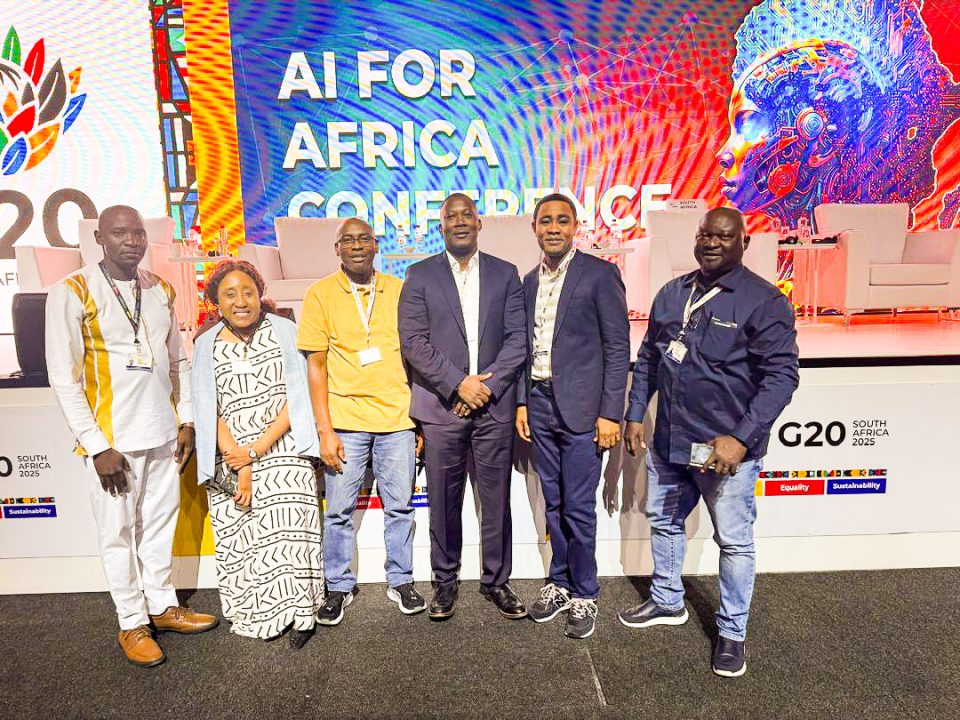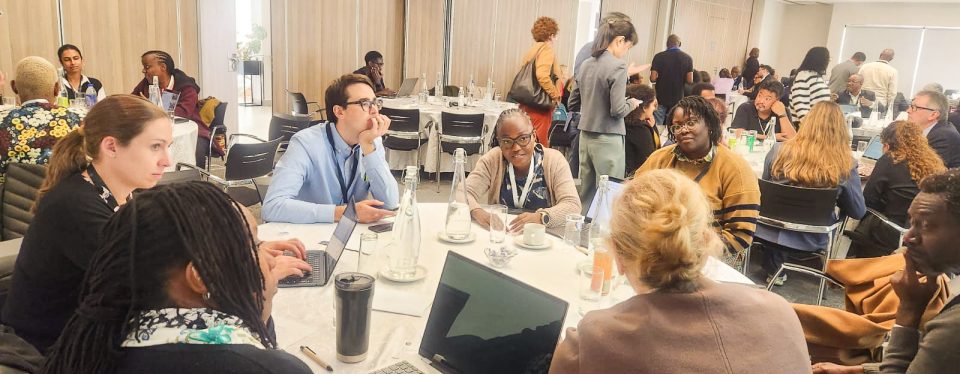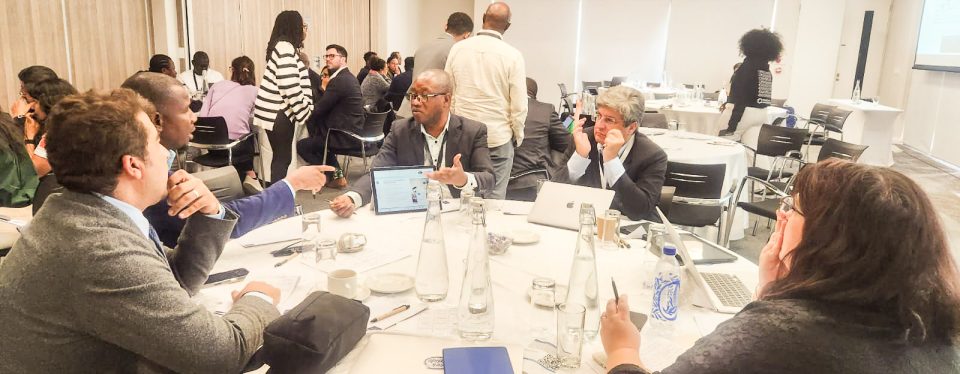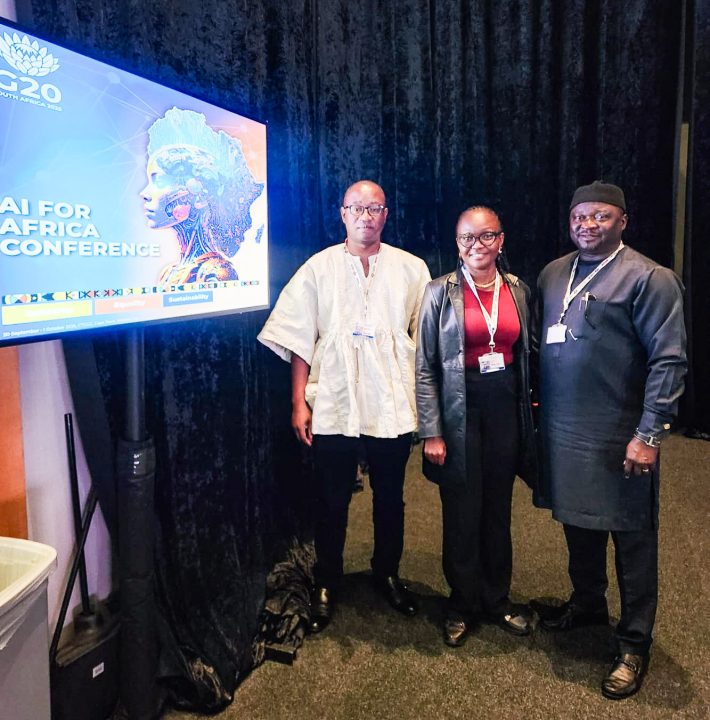ATPS Highlights Progress in Responsible AI for Agriculture at the AI for Africa Conference

The African Technology Policy Studies Network (ATPS) participated in the AI for Africa Conference, held in Cape Town from 30 September to 2 October 2025. The event, organized under the AI for Development Africa (AI4D Africa) network with leadership from Canada’s International Development Research Centre (IDRC) and the Swedish International Development Cooperation Agency (SIDA), brought together researchers, policymakers, innovators, and development partners to advance inclusive, Africa-led artificial intelligence solutions.
Last year, the ATPS marked the successful conclusion of its role as Managing Organization (Hub) for the Responsible Artificial Intelligence for Agriculture and Food Systems (AI4AFS) Innovation Research Network in Africa. Implemented under the AI4D programme and supported by IDRC and SIDA, the project laid a strong foundation for integrating ethical, locally relevant AI into agricultural systems across the continent.
Building on this momentum, IDRC has now funded the follow-on initiative, “Advancing Responsible Gender Equality and Inclusive Artificial Intelligence Innovations for Agriculture and Food Systems in Africa (AI4AFS+)”. This new phase aims to scale high-impact innovations from the first cohort while addressing key challenges that emerged during implementation. These include gaps in monitoring and evaluating responsible AI tools, difficulties in de-biasing datasets and models, and the absence of precise mechanisms to ensure communities benefit equitably from AI-driven solutions.
The AI4AFS+ project will focus on three core actions: assessing the real-world effectiveness of existing AI4AFS tools, supporting new innovations that advance food security through gender-equitable and inclusive design, and establishing a pan-African Community of Practice to inform regional and continental AI policy frameworks.

Two AI4AFS grantees presented their work at the conference. Dr. Hilda Manzi of Geospatial Research International (Kenya) shared updates on the PeMOST system, a diagnostic tool using artificial intelligence and geospatial data to provide early warnings for Tomato Leaf Miner and Whitefly infestations in Machakos County. Under AI4AFS+, her team has developed a customized KoboCollect data collection tool, trained enumerators, selected lead farmers using gender-inclusive criteria, and completed a baseline survey across 40 farms. The findings show high smartphone and internet usage among tomato farmers, strong adoption of the PeMOST tool, and measurable improvements in yield and pest management. The project has also partnered with WeatherXM to deploy five weather stations across the Kathaana farming zone, using terrain analysis and WMO standards to optimize placement for climate-based disease forecasting.
Dr. Patrick Kwabena Mensah from the University of Energy and Natural Resources (Ghana) presented his team’s deep learning–based mobile and web application for detecting pests and diseases in cassava, maize, tomatoes, and cashew. So far, over 13,000 field images with rich metadata have been collected across four regions, and the dataset is being annotated by agricultural experts. The app, designed with offline functionality, voice commands, icon-based navigation, and open-source access, prioritizes usability for rural women and persons with disabilities. The team, which includes 40% women, has embedded Gender Equality, Diversity, and Inclusion (GEDI) principles into every stage of development, from stakeholder engagement to technical design.

Prof. Nicholas Ozor, Executive Director of ATPS, also attended the conference, where Canada’s G20 representative acknowledged the AI4D initiatives in Africa, specifically citing the AI4AFS programme as a model of impactful, responsible innovation.

Both AI4AFS and AI4AFS+ are supported by IDRC. ATPS remains committed to ensuring that artificial intelligence in agriculture serves smallholder farmers, upholds ethical standards, and contributes to sustainable, inclusive development across Africa. The network continues to support its grantees as they refine, scale, and sustain their innovations in alignment with community needs and continental policy priorities.

